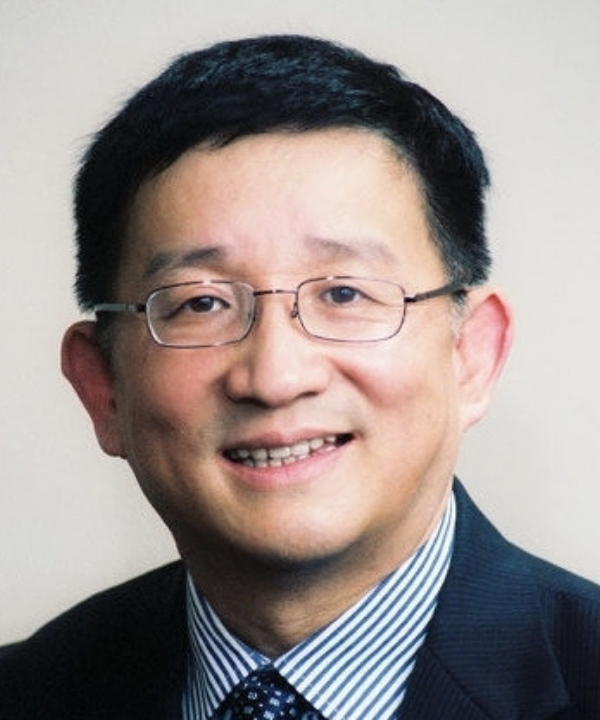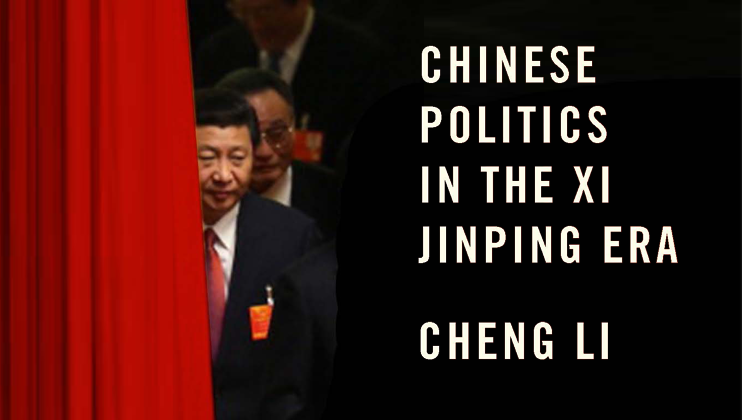Wednesday, January 25, 2017 | 5:30 PM EST - 7:00 PM EST
Covington & Burling LLP |, New York, NY
Since becoming general secretary of the Chinese Communist Party in 2012, Xi Jinping has pursued a bold policy agenda designed to strengthen the party and enhance influence abroad, consolidating more power and authority than any Chinese leader since Deng Xiaoping. Throughout this period, President Xi’s actions and pronouncements have often seemed to be contradictory. He has called for greater legal development, championed China’s think tanks, and advanced cooperation with the United States on key issues of global concern. At the same time, his administration has prosecuted human rights lawyers, tightened media control, and restrained foreign NGOs. He is a strong proponent of market reforms but has yet to adequately address overcapacity in the state sector. Xi’s paradoxical pursuits have inspired widely different conclusions among analysts about his ultimate intentions. But in the context of China’s domestic politics, these apparent contradictions reflect a certain logic. Comprehending the inner workings of Chinese politics is therefore essential to gauging the prospects for U.S.-China relations, particularly as a new U.S. president takes office and as China’s top leaders jockey for power ahead of the 2017 party congress.
In his new work, Chinese Politics in the Xi Jinping Era: Reassessing Collective Leadership, Brookings Institution scholar Cheng Li reveals the status of political institutionalization in Xi’s China by examining the backgrounds of the 376 members of the party’s Central Committee. Dr. Li contextualizes President Xi’s rise and illuminates the intriguing dynamics of factional politics within the party. On January 25, in a conversation with National Committee President Stephen A. Orlins, Dr. Li shared his insights into Chinese elite politics, his analysis of Xi Jinping’s views and vision, and his forecast of the upcoming leadership change at the 2017 party congress.

Cheng Li
Cheng Li is director and senior fellow at the Brookings Institution’s John L. Thornton China Center. Dr. Li is also on the National Committee’s Board of Directors, a member of the Academic Advisory Team of the Congressional U.S.-China Working Group, a member of the Council on Foreign Relations, and a member of the Committee of 100.
Dr. Li has advised a wide range of U.S. government, education, research, business and not-for-profit organizations on work in China. He is the author and editor of numerous books, including Rediscovering China: Dynamics and Dilemmas of Reform (1997), China’s Leaders: The New Generation (2001), Bridging Minds Across the Pacific: The Sino-U.S. Educational Exchange (2005), China’s Changing Political Landscape: Prospects for Democracy (2008), China’s Emerging Middle Class: Beyond Economic Transformation (2010), The Road to Zhongnanhai: High-Level Leadership Groups on the Eve of the 18th Party Congress (2012, in Chinese), China’s Political Development: Chinese and American Perspectives (2014), and The Power of Ideas: The Rising Influence of Thinkers and Think Tanks in China (forthcoming). He is the principal editor of the Thornton Center Chinese Thinkers Series, published by the Brookings Institution Press.
Dr. Li grew up in Shanghai during the Cultural Revolution. In 1985, he came to the United States, where he received an M.A. in Asian studies from the University of California and a Ph.D. in political science from Princeton University.
